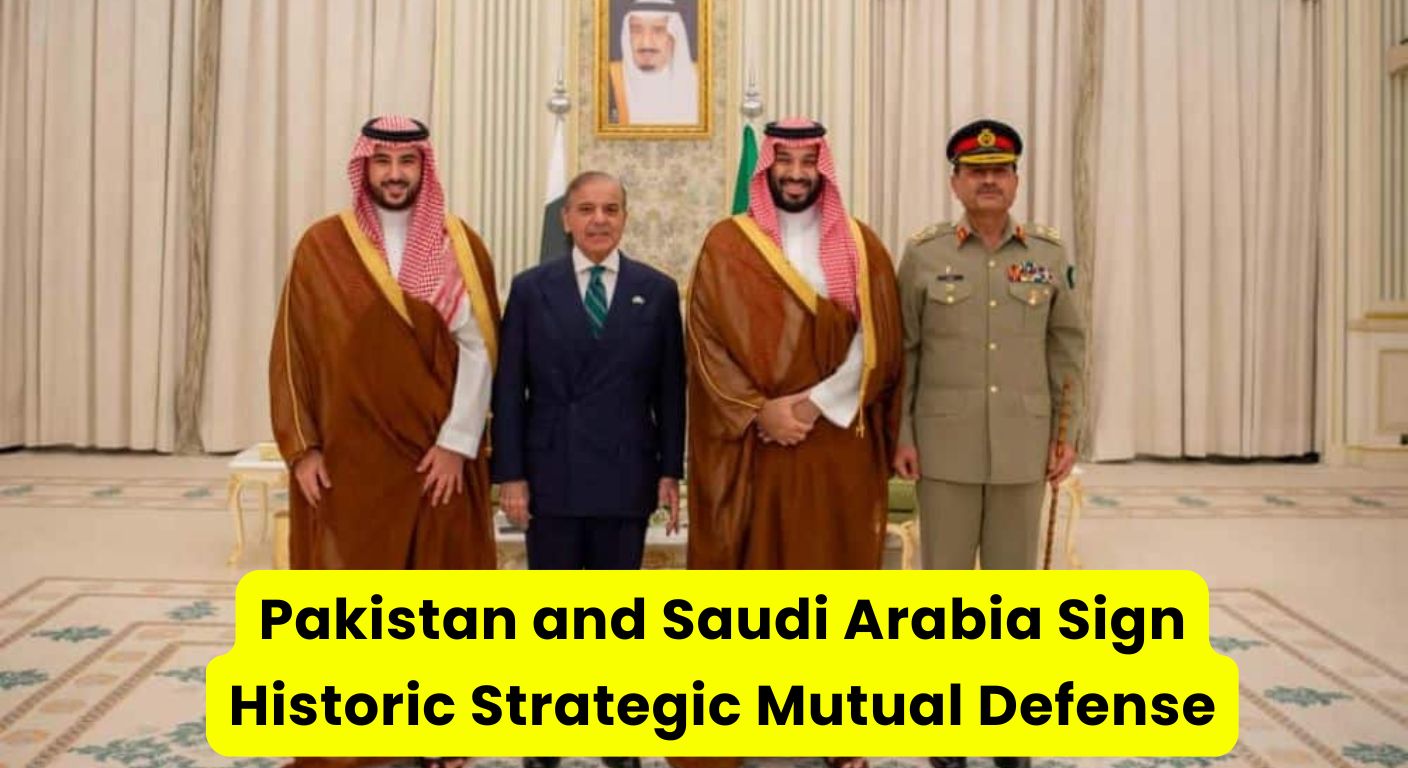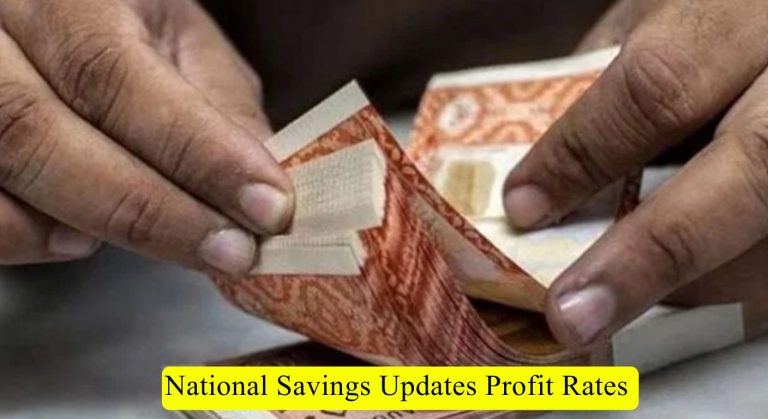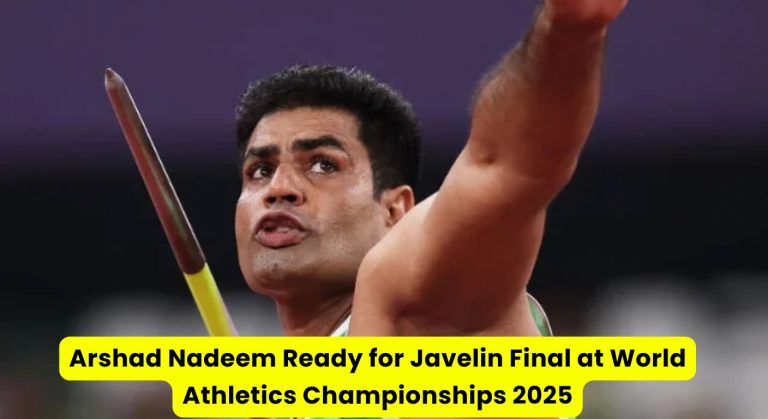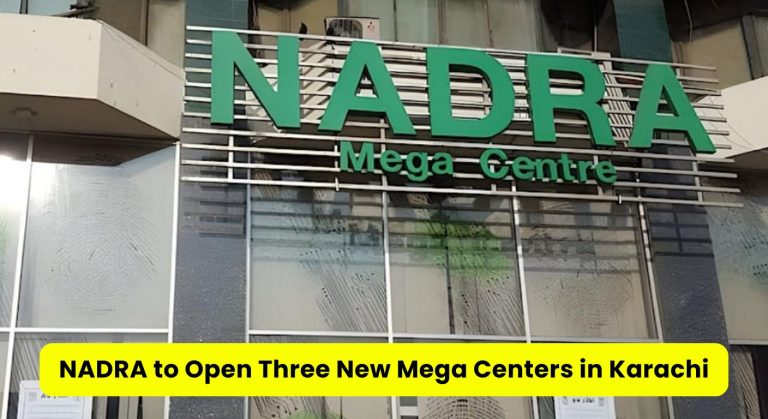Pakistan and Saudi Arabia Sign Historic Strategic Mutual Defense Agreement

RIYADH/ISLAMABAD – September 18, 2025: In a landmark development, Prime Minister Shehbaz Sharif of Pakistan and Saudi Crown Prince Mohammed bin Salman signed a Strategic Mutual Defense Agreement on Wednesday, marking a new era of defense and security cooperation between the two brotherly nations.
The agreement, signed at the Yamama Palace in Riyadh, declares that any aggression against one of the two countries will be treated as an attack against both. Officials described the pact as a historic milestone in Pakistan–Saudi Arabia relations, which span nearly eight decades and are built on mutual respect, Islamic solidarity, and shared strategic interests.
A Pact to Strengthen Defense Ties
The Strategic Mutual Defense Agreement aims to strengthen the defense capabilities of both countries and create a joint deterrence mechanism against external threats. Analysts view the agreement as a step towards deeper security cooperation at a time when the regional and global security environment is becoming increasingly complex.
Saudi Arabia has long been a key partner for Pakistan, providing financial assistance, oil supplies, and military training support. In return, Pakistan has shared its defense expertise, with its armed forces playing advisory and training roles in the Kingdom for decades.
Symbol of Longstanding Partnership
The agreement is seen as a continuation of the nearly 80-year partnership between the two nations. Diplomatic observers note that ties between Pakistan and Saudi Arabia have always gone beyond economics and politics, resting firmly on shared cultural, religious, and strategic foundations.
In a joint statement, both leaders emphasized that the pact would help ensure regional stability and reinforce the security framework of the Islamic world. They also underlined that the partnership is not just about defense but also about broader cooperation in economy, trade, energy, and culture.
Diplomatic Engagements at Yamama Palace
During the official meeting at Yamama Palace, Prime Minister Shehbaz Sharif expressed deep gratitude to the Saudi leadership for their warm hospitality and generous welcome. He also extended his best wishes for the health and well-being of King Salman bin Abdulaziz Al Saud, the Crown Prince, and the prosperity of the Saudi people.
In return, Crown Prince Mohammed bin Salman praised Pakistan’s role in regional stability and conveyed warm greetings to the Pakistani delegation. He expressed optimism that the new agreement would serve as a foundation for greater cooperation in years to come.
The talks also covered economic collaboration, investment opportunities, energy projects, and strategies to tackle common challenges in the region.
A Warm and Symbolic Welcome
Prime Minister Shehbaz Sharif received a grand welcome upon his arrival in Riyadh. He was greeted at the airport by Deputy Governor Muhammad bin Abdulrahman bin Abdulaziz, while the Saudi Air Force arranged a special escort for his plane as it entered Saudi airspace—a rare honor symbolizing strong diplomatic ties.
Upon arrival, a guard of honor was presented, reflecting Saudi Arabia’s respect for Pakistan and its leadership. The Pakistani Foreign Office hailed the reception as a powerful symbol of “brotherly love and respect” between the two nations.
Strategic Importance of the Pact
The defense agreement is expected to have far-reaching implications. By pledging to stand by each other in case of external aggression, both Pakistan and Saudi Arabia are sending a clear message about their united stance on security issues.
Analysts believe the pact will not only enhance bilateral defense cooperation but also increase Pakistan’s importance in the Gulf region. For Saudi Arabia, strengthening defense ties with Pakistan adds to its security umbrella, particularly at a time when tensions remain high in the Middle East.
For Pakistan, the pact reinforces its long-standing partnership with a country that has consistently provided financial aid and oil facilities during times of economic distress.
Broader Cooperation and Future Prospects
According to the Pakistani Foreign Office, the visit was not limited to defense matters alone. It provided an opportunity to explore new areas of collaboration, including trade, environment, cultural exchange, and renewable energy projects.
The Prime Minister was accompanied by several senior ministers and advisers:
- Deputy Prime Minister Ishaq Dar
- Defence Minister Khawaja Asif
- Finance Minister Muhammad Aurangzeb
- Information Minister Attaullah Tarar
- Environment Minister Musadik Malik
- Special Assistant to the Prime Minister Tariq Fatemi
This strong delegation highlighted the importance Islamabad attached to the visit, aiming to discuss not just defense but also investment, finance, and development projects.
Building on Previous Diplomacy
This agreement builds upon a series of recent diplomatic efforts. Earlier in June, Prime Minister Shehbaz Sharif met Crown Prince Mohammed bin Salman to thank him for his role in reducing tensions between Pakistan and India.
In July, President Asif Ali Zardari also met with Saudi Ambassador Nawaf bin Saeed Ahmed Al-Malki to discuss enhancing cooperation in trade, energy, and cultural sectors. These interactions laid the groundwork for the comprehensive defense pact announced this week.
Voices from Both Sides
Pakistani officials have described the agreement as a “historic guarantee of collective security.” Prime Minister Shehbaz Sharif remarked that the pact reflects the deep-rooted trust between Islamabad and Riyadh.
Saudi officials, on their part, underlined the Kingdom’s commitment to safeguarding the interests of its brotherly nation, Pakistan. The Crown Prince emphasized that Saudi Arabia and Pakistan will always stand shoulder to shoulder in times of need.
Regional and Global Impact
Experts suggest that the defense pact could have a strong regional impact. With Pakistan being a nuclear power and Saudi Arabia a major economic and political force in the Islamic world, their joint commitment to defense cooperation strengthens the regional security framework.
At the global level, the agreement demonstrates unity among Islamic nations and sends a signal to external powers about the importance of intra-Muslim solidarity. Some observers believe the pact could also pave the way for broader defense collaborations within the Organization of Islamic Cooperation (OIC).
A Step Toward Stability
For many in Pakistan and Saudi Arabia, this agreement is more than just a political document. It is a reassurance of brotherhood and solidarity during uncertain global times. With challenges ranging from economic instability to security threats, the pact provides both nations with a stronger foundation to face future crises together.
Conclusion
The Strategic Mutual Defense Agreement between Pakistan and Saudi Arabia is a historic milestone in bilateral relations. Signed in Riyadh, it commits both nations to stand united against aggression, strengthens defense cooperation, and expands opportunities for collaboration in multiple fields.






